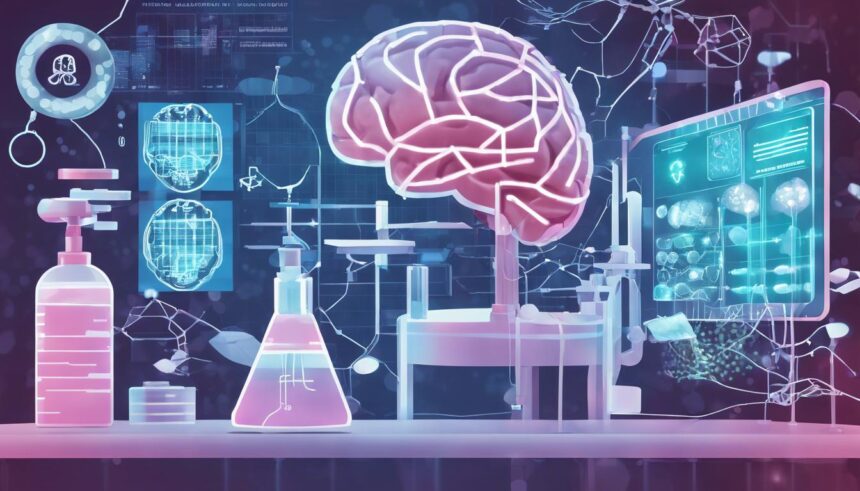With an expected jump from USD 2 billion to USD 17.95 billion by 2034, AI integration in clinical trials promises to significantly accelerate drug development, enhance efficiency, and cut down costs, marking a new era in healthcare.
The realm of healthcare and pharmaceuticals is on the cusp of a revolutionary shift with the advent of artificial intelligence (AI) in clinical trials. A recent market analysis forecasts a monumental expansion in the global AI-based clinical trials solution provider market, projecting its growth from USD 2 billion in 2023 to an astounding USD 17.95 billion by 2034. This surge, equating to a compound annual growth rate (CAGR) of 22.08%, underscores the transformative potential AI holds for the drug development process, promising to enhance efficiency, reduce costs, and accelerate the pace of innovation.
AI’s integration into clinical trials is a response to the urgent need for innovation in drug development, a field beset by escalating costs and complex regulatory challenges. Traditional approaches, while methodical, are labor-intensive and time-consuming, often taking years if not decades, to bring a new drug to market. The introduction of AI promises a paradigm shift, offering tools that can analyze vast datasets, predict outcomes, and streamline the drug development pipeline.
The surge in the adoption of AI-based platforms spans across various therapeutic areas and clinical trial phases. Notably, Phase-II trials emerged as the highest revenue-generating segment in 2023, attributed to the significant number of active trials in this phase and the growing implementation of AI tools for data collection and analysis. Innovations such as Evinova by AstraZeneca exemplify the market’s dynamism, offering digital health solutions designed to streamline the clinical trial process.
AI’s prowess extends notably to oncology, a field burdened by the global cancer epidemic. This therapeutic area commanded the highest revenue in 2023, fueled by the voluminous drug trials and the relentless quest for better treatment options. Initiatives like Medidata’s AI Intelligent Trials, employed by Launch Therapeutics, highlight the industry’s commitment to leveraging AI for expediting the development of revolutionary therapeutics.
Pharmaceutical companies represent the largest end-user segment, investing heavily in AI to advance diagnostic tools, biomarkers, and new drug targets. Collaborations with AI vendors are increasingly commonplace, aiming to harness the power of AI for research and development. An exemplar of such innovation is ConcertAI, LLC’s introduction of its CTO 2.0 solution, aimed at optimizing clinical trials through advanced AI applications.
Geographically, North America leads the market, boasting a robust ecosystem of AI startups and a deep-seated recognition of AI’s potential to enhance drug trial outcomes. This is complemented by strategic initiatives from industry giants, such as Google Cloud’s launch of AI-driven tools to support biotech and pharmaceutical firms in drug discovery and precision medicine.
The Asia Pacific region, however, is predicted to witness the fastest growth, driven by the escalating prevalence of AI, favorable government initiatives, and the region’s cost advantages for clinical trials. Collaborative efforts, like the field trials initiated by Fujitsu Limited and Kyoto University, aim to utilize AI in discovering biomarkers for new cancer drugs, exemplifying the region’s proactive stance towards AI in healthcare.
Indeed, the rise of AI in clinical trials heralds a new era in drug development. By offering solutions that promise to streamline the development process, enhance patient matching, and accelerate time to market, AI stands as a pivotal force in the quest for more efficient, cost-effective, and patient-centered approaches to healthcare innovation. As the market continues to evolve, the integration of AI in clinical trials is poised to redefine the paradigms of pharmaceutical research and development, with far-reaching implications for healthcare delivery worldwide.





